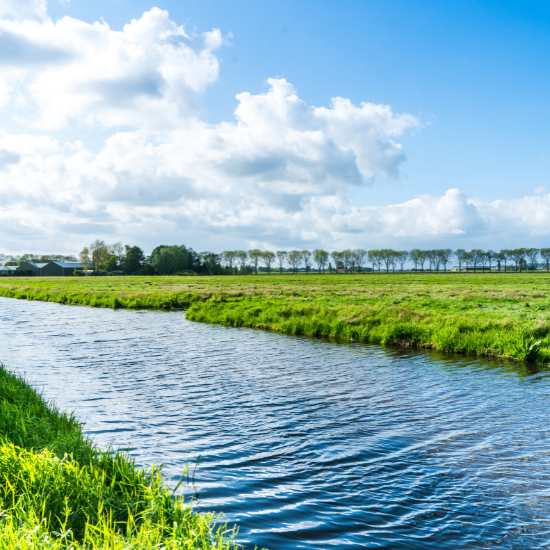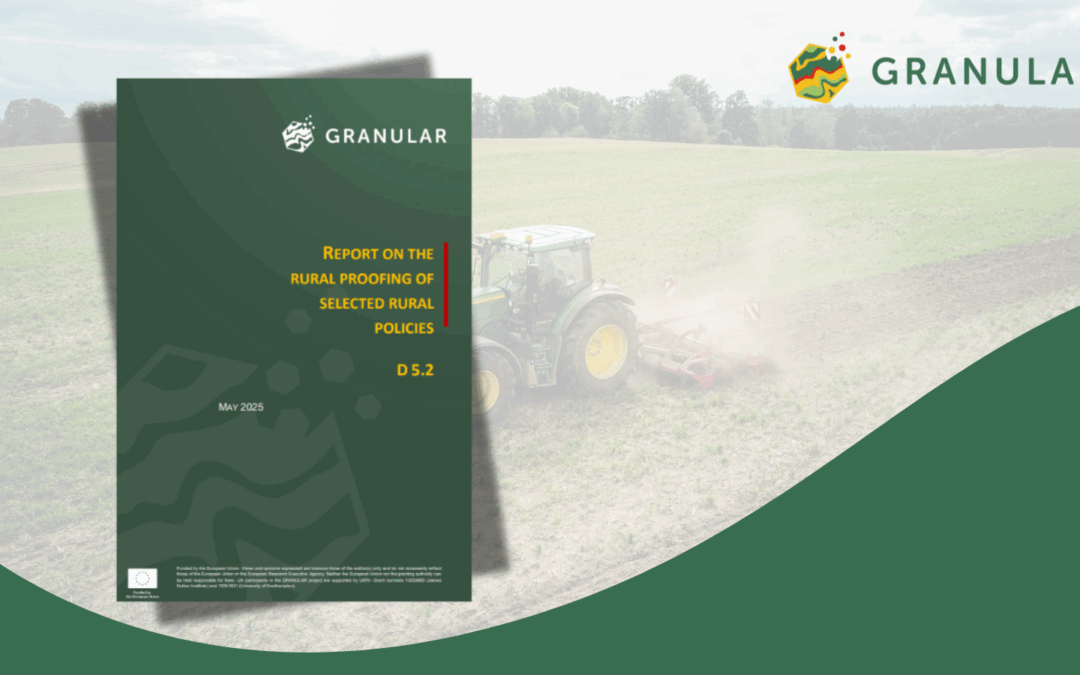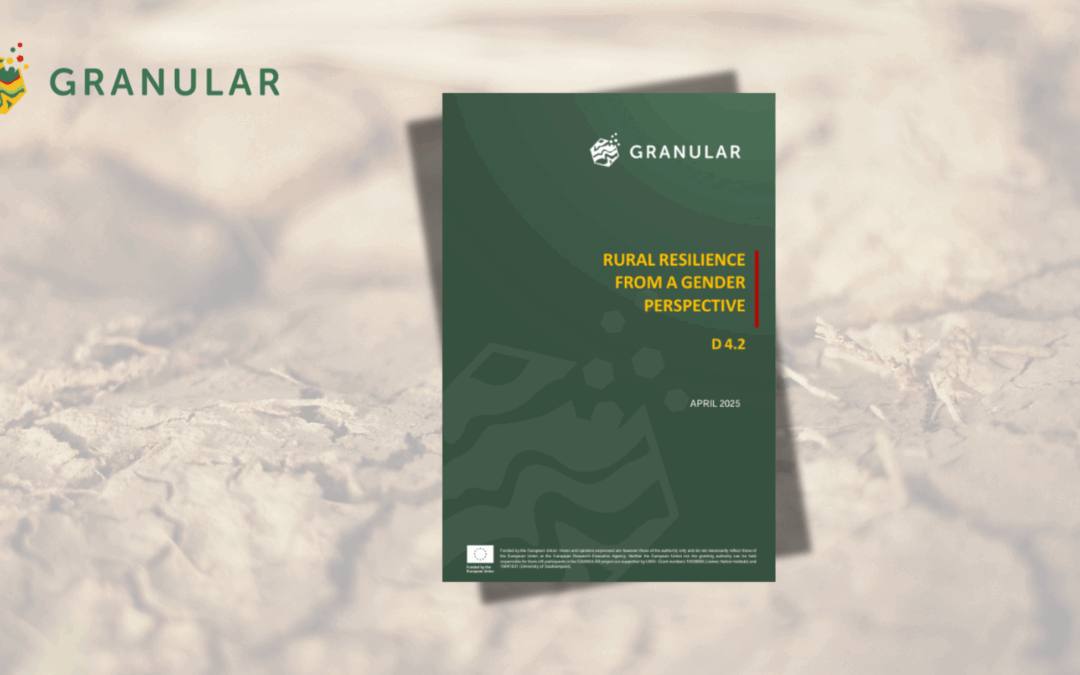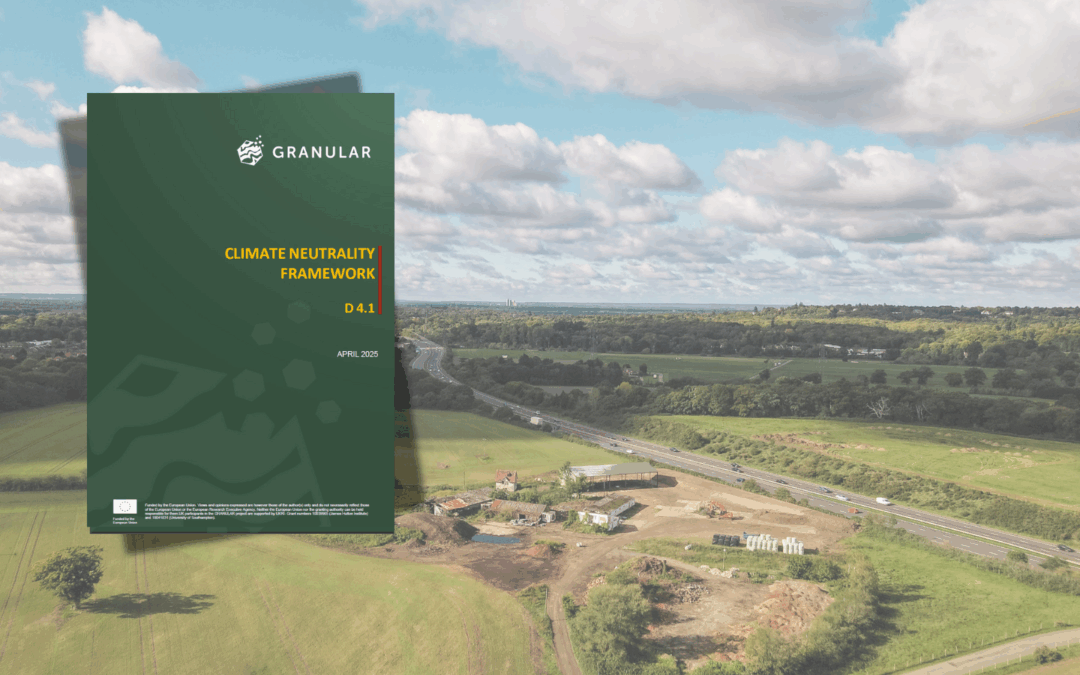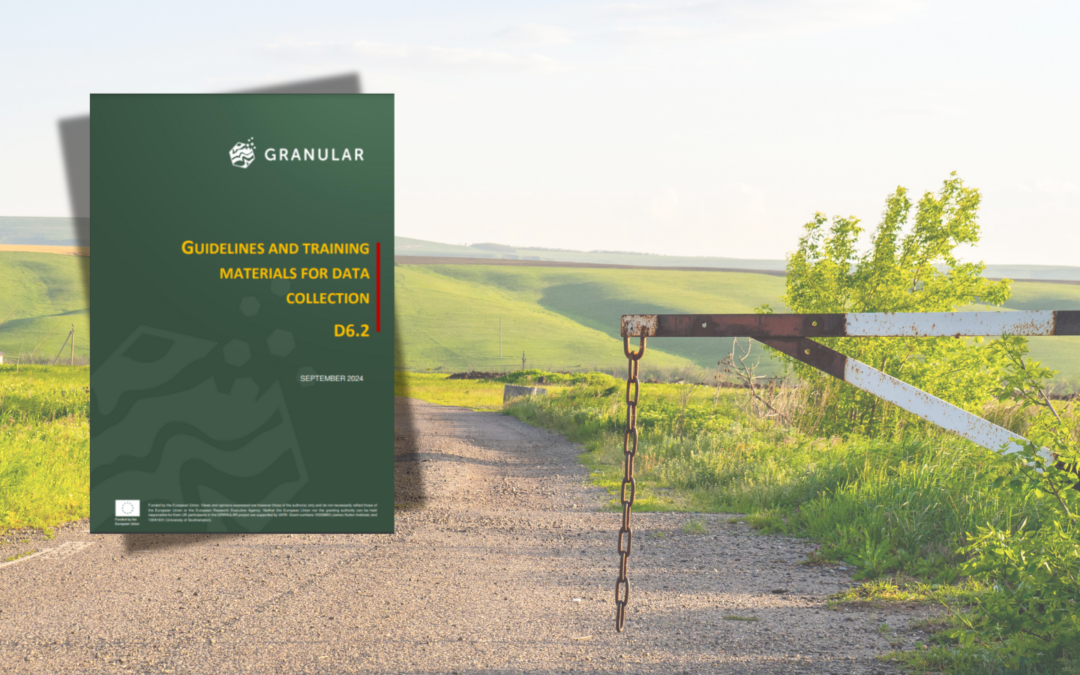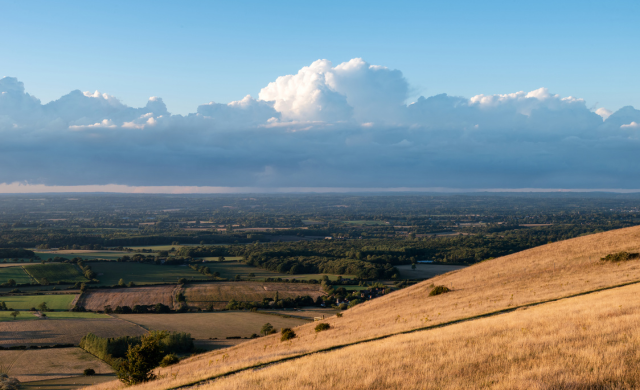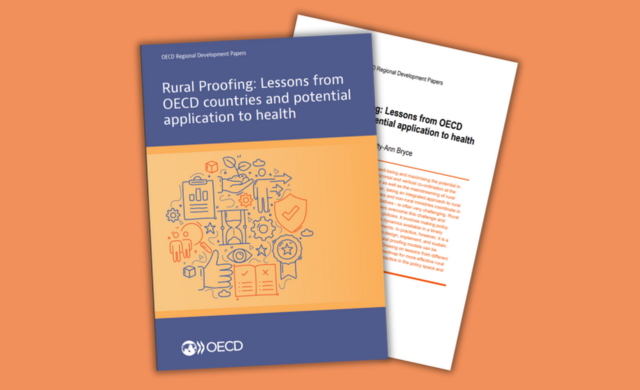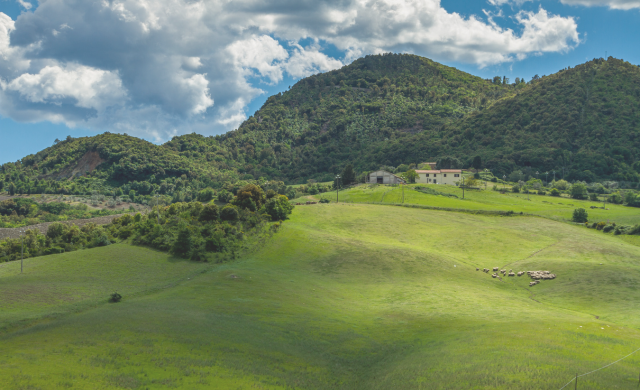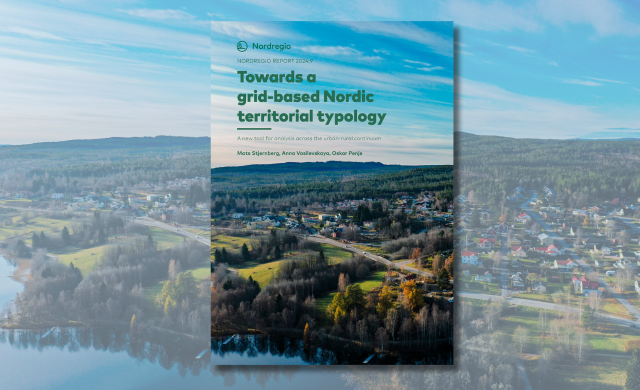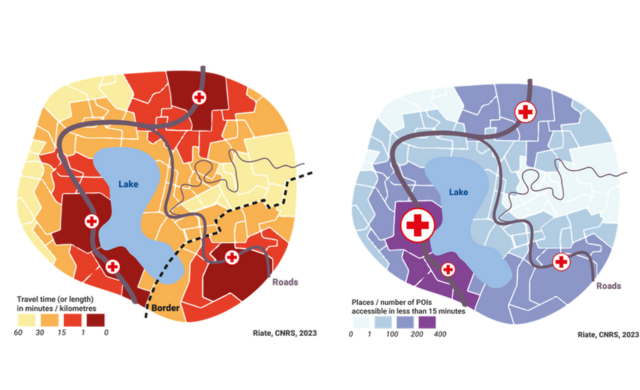Author: Heleen Huiskamp, Dutch Living Lab in GRANULAR
In this blog post, our Living Lab in the Netherlands tells us a bit more about their own rural area and what move them to join this international project.
Why have you decided to be part of the GRANULAR project?
The P10 is a partnership and it gathers 31 of the biggest rural municipalities in the Netherlands. By working together as rural municipalities we share our knowledge and work together for our rural interests. We also create the preconditions to keep our municipalities livable and attractive in the future.
We believe that by participating in GRANULAR, we will gain more insights into the rural diversity in the Netherlands as well as across Europe. Also, we believe that it will help to have better effective lobby activities with our national government and Europe to obtain more tailored rural policies.
What are the main challenges experienced in your rural area? And, what are the main opportunities for its future?
As said the P10 is a cooperation of 31 big rural municipalities throughout the Netherlands. We see different challenges and opportunities in all the municipalities. The main objectives in the P10 agenda are:
- A liveable countryside with a functioning physical and digital accessibility
- A social countryside with medical care and schools close to home
- A sustainable countryside with a city – countryside relation based on equality
- A customized countryside with financial and legal regulations more customized for the countryside.
According to you, how will the GRANULAR project help you to address the challenges and opportunities of your rural area?
We would like to do more research on rural well-being from a wider perspective. The Netherlands knows a rapidly growing policy interest in wider well-being assessments. This trend is justified by the increasing belief that we need more comprehensive indicators to assess and compare spatial inequalities.
We are not always convinced about the coverage of particular rural well-being aspects, both in terms of concerns and contributions. Therefore, the main objective of our Living Lab will be how to improve the representation of ‘the rural voice’ in such well-being assessment methods.
Learn more about our Dutch Living Lab!
